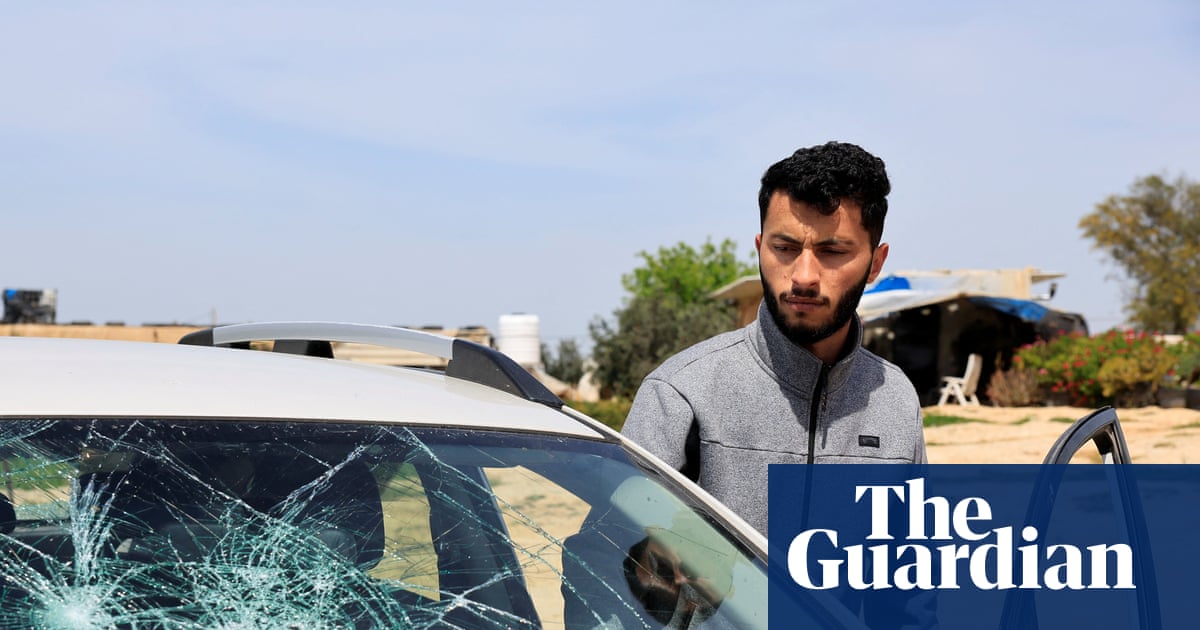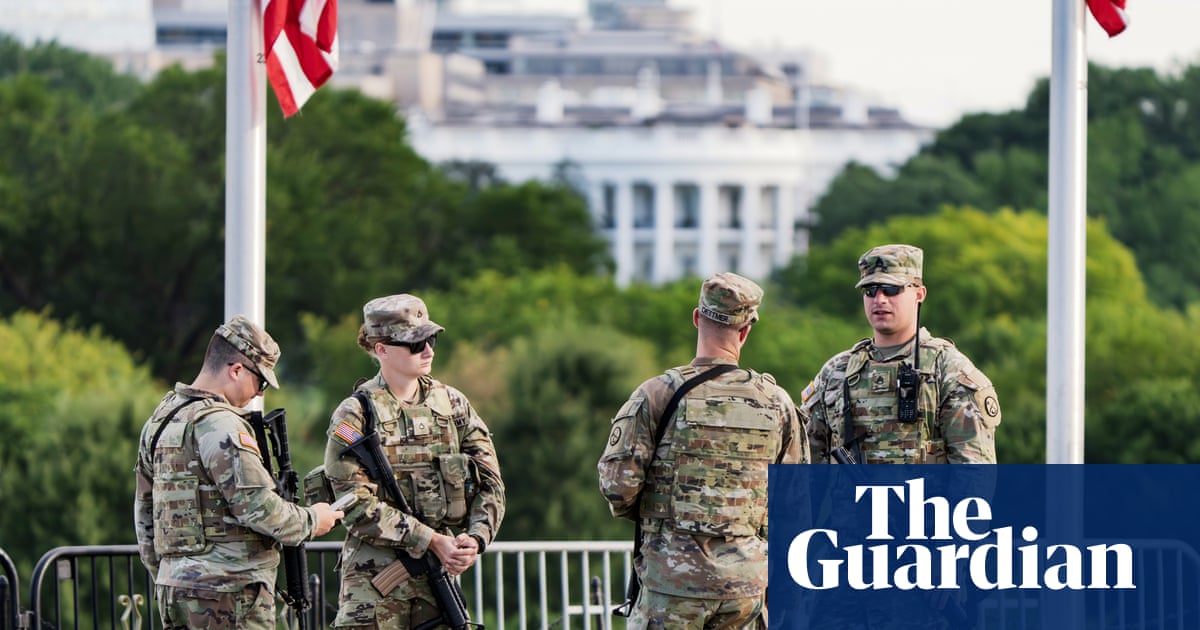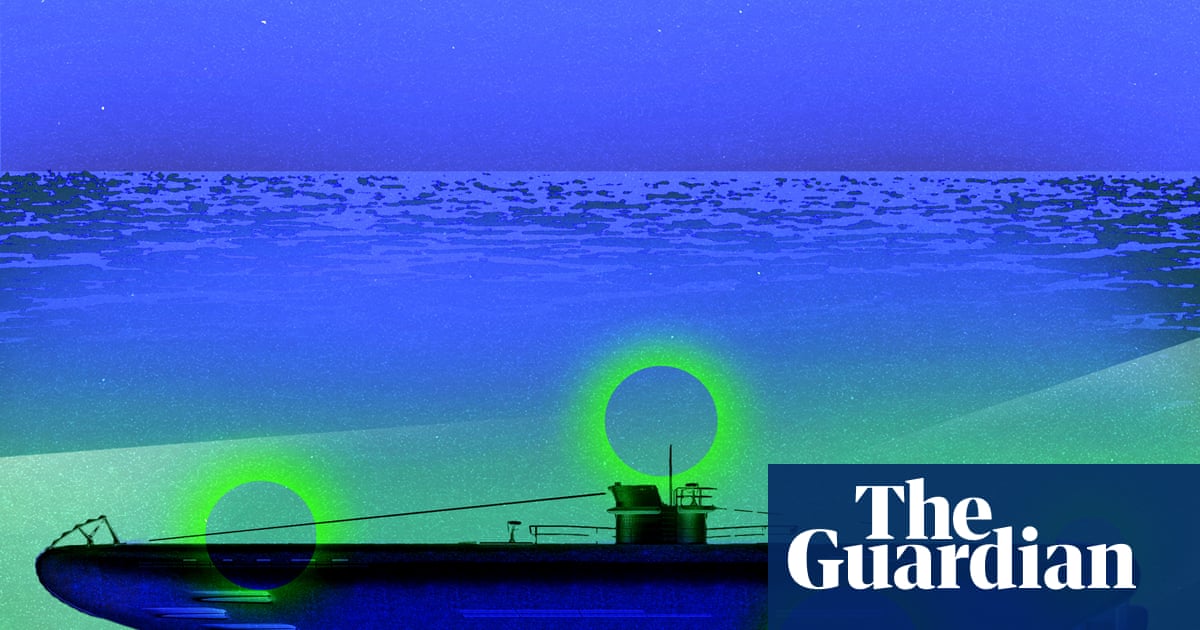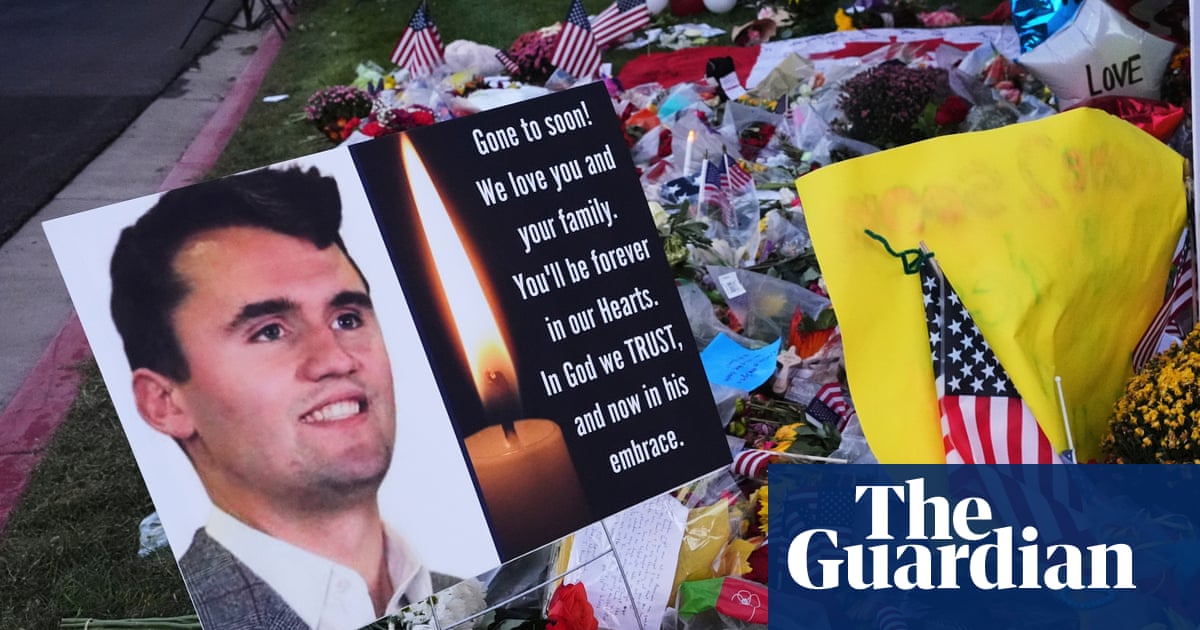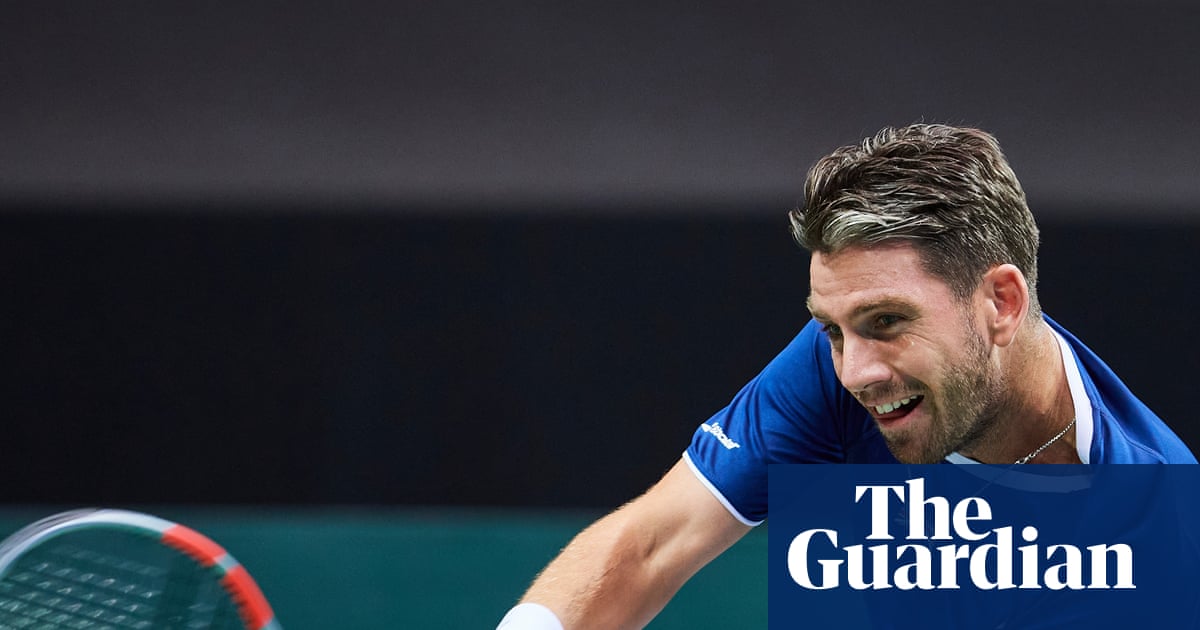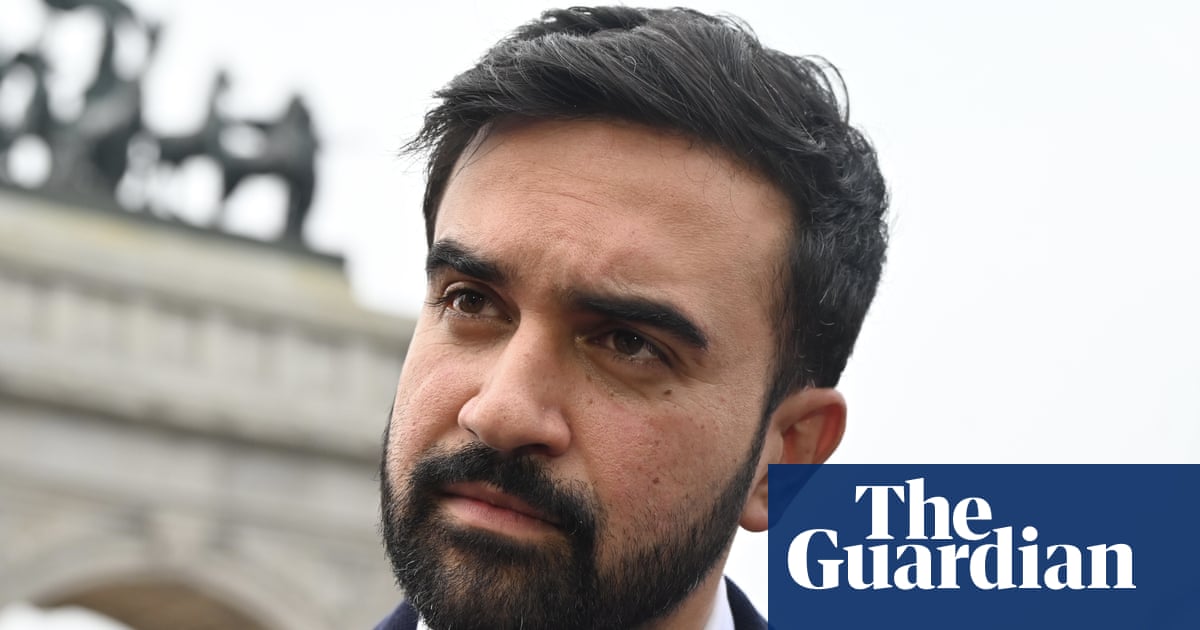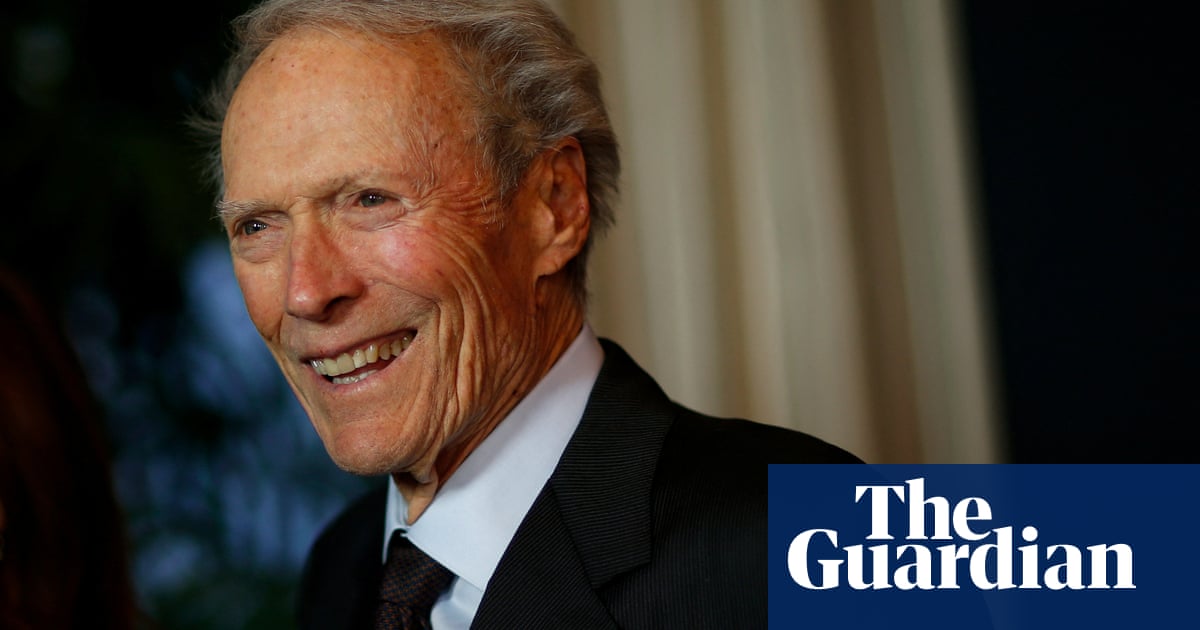In late April, terrorists killed 26 civilians in the Indian town of Pahalgam, located in the mountainous border region of Kashmir. India swiftly blamed Pakistan for the attack, launched missile strikes towards it and announced that it was suspending the Indus waters treaty, effectively threatening to cut off three-quarters of Pakistan’s water supply.
Ahmad Irfan Aslam, a seasoned international lawyer who, until last year, was Pakistan’s minister for law and justice, water and natural resources, climate change and investments, watched the news unfold with a creeping sense of horror. India was raising the possibility that it could turn off the tap for 250 million people. This would violate not only the treaty, but also international laws around the equitable use of water resources.
Colleagues and friends approached Aslam for guidance about what could be done. That’s when it struck him: “I had this scary realisation that there isn’t much one can do today,” he told me. “We have witnessed a sudden erosion of multilateral institutions, of institutional norms. Everything seems uncertain.” Even if Pakistan were to bring a complaint to one of the institutions created to settle disputes between states – the UN security council and general assembly, the international court of justice (ICJ) or the permanent court of arbitration – whatever decision that resulted would almost certainly not be respected. “International law has always depended on the good faith of nation states,” Aslam said. “And that good faith has eroded.”
In 2024, Aslam had experienced a similarly unsettling feeling in The Hague, where he represented Pakistan at the ICJ, in a proceeding about Israel’s ongoing occupation of Palestinian territories in the West Bank. “Israel’s occupation is unlawful and unlawfulness must have consequences,” he told the court. There were 52 countries participating in the proceedings, and when Aslam spoke with many of his colleagues, “there was an acute realisation that none of this is actually going to change anything on the ground”. Perhaps what they told the judges would mean something to future historians, but their words would do nothing to prevent the immediate suffering of Palestinians. “No matter what court you approach, you are not going to get justice,” he said. “And civilians are caught up in this web of geopolitics that is not of their own making.”
Over the past decade, key institutions upholding the international order have been diminished, crippled or compromised. The recent US withdrawal from a vast array of international organisations and agreements – the Paris climate accords, the World Health Organization, the UN human rights council – has further damaged the system; US sanctions on the international criminal court (ICC) have undermined the court’s credibility and created serious financial obstacles to its investigations of war crimes in Ukraine and Gaza. The UN security council has been deadlocked for well over a decade, thanks to the veto power of its permanent members.
Trump’s threats to occupy Greenland and Canada and to seize the Panama canal have further undermined the already frayed edifice of international law. “Even raising the possibility of these clearly illegal actions does harm to the legal norm, because it makes them thinkable,” said Oona Hathaway, professor of international law at Yale. Days after the US followed Israel in conducting unlawful airstrikes on nuclear sites in Iran, Hathaway argued that Trump’s actions threatened “to reshape the global legal order, transforming it from one governed by law to one governed by might”.
But the erosion of international law began long before Trump first took power in 2017. The relevance, and even the very existence, of international law has been up for debate since the moment it emerged almost two centuries ago. Its champions argue that it is the bulwark against another great war, a restraint against criminality and mass violence. Its critics argue that, far from shielding the world from the worst crimes, it has instead protected states by providing them with a language with which to justify their wrongs. International lawyers are themselves divided over whether their discipline is alive and well, in hibernation, in its death throes, or long ago deceased, a “moral ghost” that hovers over the world map.
Wandering round The Hague, it can feel less like a city and more like a collection of symbols. To walk through its streets is to repeatedly encounter the ruins of prior attempts to establish world peace. The building that once housed the international criminal tribunal for the former Yugoslavia sits just in front of the international centre for the prosecution of the crime of aggression against Ukraine. The Iran-US claims tribunal, set up in the aftermath of the Tehran hostage crisis of 1979 and still going, is a 10-minute walk up the road, while the Organisation for the Prohibition of Chemical Weapons is headquartered just a few metres away. These institutions have little to do with one another in terms of law, but being located together in The Hague gives them a “patina of legitimacy”, as one international lawyer told me. The ICC is located in the north-east corner of the city, just down the road from the detention centre where its defendants are housed. (Current occupants include the former Philippine president Rodrigo Duterte and the Central African rebel leader Alfred Yekatom.) The closer one gets to the Peace Palace, the seat of the ICJ, the more placid and verdant the city becomes.
These institutions are physical embodiments of the discipline known as “international law”, though scholars tend to disagree on what international law actually is. In place of an answer, one is confronted with a series of metaphors: one lawyer told me that it is “like gravity: you don’t see it, but it’s there”. Others have compared it to spelling in the English language (the rules can seem made up); to pornography (you know it when you see it); to a body of water (it does not stand still); to a comedy (it can defy reason); to a tragedy (all too often, everyone loses). The novelist Shirley Hazzard once described it rather more cynically, as a “beaut racket”. Its constituent materials, according to ICJ statute, include treaties, conventions, customs and cases, as well as “general principles of law recognised by civilised nations” and “teachings of the most highly qualified” experts.
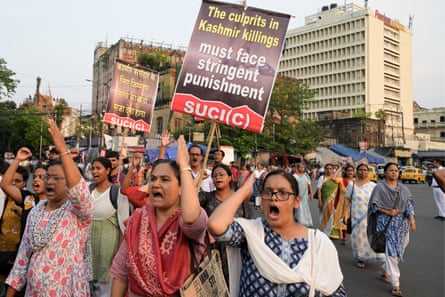
But to speak of international law as merely a set of rules and agreements is to elide its function as the “lingua franca of the international system”, and as a means of expressing the belief that perpetrators of global crimes should be punished just as domestic offenders are, and (more often) of expressing incredulity when they are not. (International law has become the vernacular of the “educated middle classes”, as the LSE professor of law Gerry Simpson put it. “When I go to dinner parties, people speak international law to me all the time,” he told me.) To speak of “international law” is to conjure up a particular set of images: the German high command awaiting sentencing at Nuremberg; war criminals and genocidaires on trial in The Hague. These are episodes of international criminal law, the youngest and most fragile branch of international law, and the one that is most fiercely argued over by politicians, the media and the public.
Today, there is a growing sense in the field that international criminal law is a failed project, “a dead man walking”. Few of the lawyers I spoke with were willing to defend it without caveat. “The gap between the aspirations of international criminal law and the reality for people on the ground is greater and greater,” said Adil Haque, a law professor at Rutgers University. “And that is a problem for the law, because law is supposed to achieve things in the real world.”
The creation of the ICC in 1998 was the realisation of the most romantic aspirations of international law: holding perpetrators of emblematic crimes to account whenever their own nations failed to do so. The court opened its doors at a unique and perhaps unreplicable moment in international relations, when the world’s powers were still enjoying the afterglow of the end of the cold war. “In retrospect, it was this weird period of history where a lot of the sovereignty and security concerns that big powers have were somewhat reduced,” said David Bosco, a journalist and academic who has spent decades covering the court. “That allowed for a project like the ICC to get off the ground in a way that it would not have in any other period.”
That period turned out to be short-lived. The ICC, which has an annual operating budget of approximately €200m, could never fully live up to the aspirations that ushered it into being. In its 23-year history, it has only delivered 11 convictions, all of which have been for crimes committed on the African continent. (Because of the court’s perceived focus on trying African defendants, member states of the African Union have repeatedly threatened to withdraw from the Rome statute, the ICC’s founding treaty.) “There is a neocolonial aura about [the ICC] which is hard to shake,” the Finnish legal scholar and former diplomat Martti Koskenniemi told me. In his view, the court was a product of the “liberal hubris” of the 1990s, the result of a system that had been seduced by its own idealism.
Since its founding, the ICC has been accused of being a vehicle for victor’s justice, a “fake court” in the eyes of its detractors. The recent arrest of Duterte, while a significant victory for the court, will be challenged on the grounds that the Philippines formally withdrew from the Rome statute in 2019. (The ICC pre-trial chamber has said that its investigation into Duterte’s drug war crimes only pertained to actions committed prior to that date.) And while the court’s arrest warrants for Russian president Vladimir Putin and Israeli prime minister Benjamin Netanyahu are important symbolic gestures, the chance that either indictment ever results in a trial is virtually zero. Russia and Israel have joined the US, Syria and China in refusing to become a state party to the Rome statute, effectively denying the court authority to try its citizens. (Earlier this year, Hungary notified the UN that it would be joining this club, by withdrawing from the ICC while hosting Netanyahu in Budapest.)
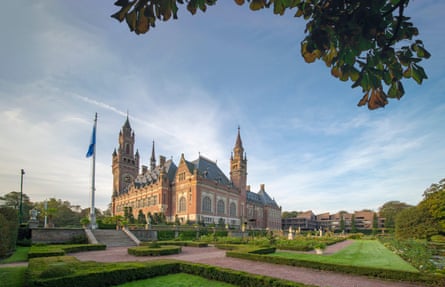
The US’s commitment to undermining the court runs deep. A month after the court was officially founded, Congress passed a law known as the “Hague Invasion Act”, giving the president the power to use “all means necessary” to release a US government official detained by the ICC. When, in 2017, ICC prosecutor Fatou Bensouda attempted to open an investigation into atrocities allegedly committed by US personnel in Afghanistan, she was denied a visa to enter the US, and the court was threatened with economic sanctions. The investigation was ultimately dropped as a result of pressure from the Trump administration. Bensouda was more recently tasked with investigating alleged genocide in Palestine, an assignment for which she faced “direct threats” to her person and family.
The high-profile arrest warrants for Putin and Netanyahu may have raised the court’s profile, but they have also underscored its impotence and attracted potentially fatal countermeasures from the US. “Paradoxically,” the international lawyer Chantal Meloni told me, “the minute the court shows that it has teeth might be the end of the court.”
The criticisms of international law are familiar and, in some sense, impossible to deny: that it is too weak, that it is selectively applied, that it is merely an extension of state power. “We are all prisoners of this horizontal system, where states have to keep each other in check, and that will inevitably fall subject to politicisation,” Yusra Suedi, a lecturer at the University of Manchester, told me. It is essentially an opt-in system: weak states that flout its directives are called pariahs or rogues; powerful states that do so are called hegemons.
For critics of the field, the problem is not just that law doesn’t stop wars or protect civilians, but also that it offers a vocabulary for states to justify the unchecked use of force. Breaches are not the exception but the rule. For instance, international humanitarian law restricts the use of certain kinds of weapons, such as cluster bombs, that are “indiscriminate by nature, capable of causing harm without distinguishing between combatants and civilians”. That did not stop Israel, which first ratified the convention on certain conventional weapons in 1995, from deploying cluster bombs against a civilian population in 2006, during the Lebanon war. (Israel, like the US, Russia, Iran and China, refused to sign the 2008 convention on cluster munitions.) More than 1,000 people were killed, approximately one-third of whom were children. The Israeli military claimed that the use of cluster bombs was not a violation of international law, because they were focused on military targets and because the population of Beirut’s southern suburbs, an area called Dahiya, had been warned of the attack in advance.
It was during that conflict that Israeli forces developed what is now known as the “Dahiya doctrine”, which permits the use of “disproportionate” force against civilian population centres in certain circumstances. The attack on Dahiya was a blatant violation of what is known as the “principle of proportionality” in international law, which holds that civilians may not be attacked if the result is “excessive in relation to the concrete and direct military advantage anticipated”. The UN human rights council formed a commission to look into the event, which concluded that “there was no justification” for the use of cluster bombs.
Every scholar who laments the waning of international law will have their own moment when the rot set in. In Koskenniemi’s view, it came in the 1960s when its original goals of peace and justice started to be displaced by the administrative and managerial imperatives of globalisation. For the Israeli legal scholar Itamar Mann, Dahiya felt like the beginning of the end of international law as a credible system for preventing atrocities. “They weren’t just ignoring the rule: they were invoking it for the very purposes that it was supposed to limit or control,” he said. By attempting to justify a legally unjustified action in the language of international law, Israel made a mockery of the spirit and letter of the law. “In general, that was the moment when the idea that an entire neighbourhood can be eliminated, or close to that, came on the radar,” said Mann. As we spoke about the condition of international law writ large, he slipped into the past tense: “It was a way of challenging brute uses of force, and that is no longer there.”
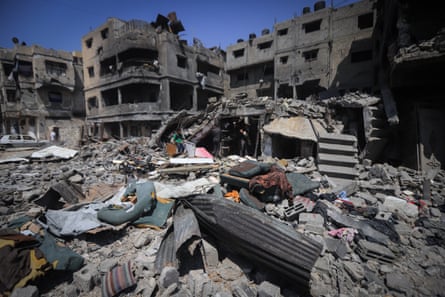
Invocations of international law as cover for violations of its own order have contributed to perceptions that the discipline is in decline. Russia, for example, took pains to offer legal arguments for its invasion of Ukraine in 2014. In a document seeking to justify its 7 October attack on Israel, Hamas referred to an ICJ opinion about the construction of a wall on occupied Palestinian land and called for states to “uphold their responsibilities towards the international law”. Meanwhile, Israeli politicians have frequently invoked international law as a shield and an alibi for the continuation of the war in Gaza. It is either a sign that something is deeply wrong with the international system, or a sign that it is working as it should, that a state like North Korea took the trouble to accuse Israel of committing an “unpardonable crime against humanity” by attacking Iran.
Gerry Simpson began his career as a believer in international law and its power, and wrote articles making institutional proposals for new committees and the like. Now he sees that approach as misguided. Part of the discipline’s problem, he argues, is that international law, like any belief system, is at its core merely a collection of words, and those words have lost touch with the realities they are meant to describe: “Does anyone think ‘serious violations of the laws of war’ captures the essence of bodily and mental harm caused by explosive devices or torture?” he writes in his recent book, The Sentimental Life of International Law.
“Many people are trying to hold on to a legal system that is decreasingly available to us,” said Monica Hakimi, a former state department lawyer who is now professor of international law at Columbia. “You don’t want to just throw up your hands and give up on the international legal norms that have forestalled massive wars and protected individual rights. But I think we are not quite thinking through the kinds of compromises that we will need to make if we are to stop the most dangerous trend lines that we’re seeing.”
A reckoning with the failures of the field and the sclerosis of its institutions, several lawyers told me, is long overdue. “It would be a foolish person who would say that the UN, the International Monetary Fund and the World Bank as they are currently structured are fit for purpose to take us through to the end of the century,” said Sir Daniel Bethlehem, the former legal adviser to the UK Foreign Office. “I cannot imagine getting out of the quagmire of Sudan, or DRC, or Israel-Gaza, or Ukraine, by simply putting one foot in front of the other.” He has advocated for a long-term rethinking of the form and content of the international system. If we are to find our way out of the current crisis, he argues, “there is an urgent need to re-engineer, to reconfigure”.
For true believers in the field, there is no crisis in international law. Dire Tladi, a widely respected South African legal scholar who, last year, was appointed as a judge at the ICJ, assured me that international law was not in decline. It continued to exist as a “neutral set of rules that is supposed to apply to relations between states, and it’s supposed to apply without ‘fear or favour’”, he said. When I pointed out that the words “supposed to” were bearing a lot of weight in that formulation, Tladi responded: “Voilà.”
Tladi is clear-eyed about the limitations of his work. In his legal opinions, he has taken a stridently realist tone. Last May, in a a declaration regarding South Africa’s suit against Israel for alleged violations of the genocide convention, he wrote that “there are no more words to describe the horrors in Gaza”, and explained that the court had ordered Israel to halt its military operations and had demanded that Hamas release the hostages. “But,” he concluded, “the court is only a court!” His own words, and those of his colleagues, could only do so much. The law was issuing directives and making judgments, but they were falling on closed ears. No advisory opinion can make a tank reverse course.
The point, Tladi argues, is that what we are witnessing today is not the failure of international law but rather the failure of international politics. “The law is there,” he said, but “gaps in international law have often been used as a basis for non-accountability”. And even where gaps do not exist – “There’s no debate about the fact that you are not allowed to commit genocide,” Tladi said – international politics and power have frequently blunted the force of international law. “You cannot ignore the influence of power on lawmaking,” he said. (As a sitting judge, Tladi could not talk about ongoing cases.)
When I spoke to Raji Sourani, the director of the Palestinian Centre for Human Rights, who fled Gaza with his family after their home was blown up in late October 2023, he offered a similarly strident defence of international law. He rattled off a list of victories: the ICJ had acknowledged that a plausible genocide was unfolding in Gaza and had issued six provisional measures commanding Israel to restrict its use of force and uphold the genocide convention; the ICC had issued arrest warrants against Netanyahu and his former defence minister Yoav Gallant; almost 100 Israeli soldiers are being investigated for war crimes in at least 14 countries under the principle of universal jurisdiction.
“The problem is not international law,” Sourani said. “We made the best use of it that we could, for the sake of the rule of law and the dignity of man, and to protect civilians.” The problem, he said, lay with states who suggested that international law need not be consistently applied. He and his Palestinian colleagues “were very happy when they talked about the Ukrainian right to self-determination and independence”, Sourani told me. Those same standards need to be applied everywhere, he said. “You cannot be real democracies when you are selective in deciding to whom international law applies.”
For Leila Sadat, a former ICC special adviser and prolific scholar, the critics of international law bear some responsibility for the crippled state of the field. By constantly raising the question of its relevance and even its very existence, they opened the system up to cynicism, attack and manipulation. When she started working on the ICC, she desperately wanted to make it more effective. But, she said, “It never occurred to me to challenge the entire concept that individuals should be held accountable for the commission of mass atrocities.”
For Sourani, debates over international law are anything but academic. “We believe in justice, dignity of man, the rule of law, human rights,” he said. “These are not just words. These are the lives of people, the blood and pain and suffering of people.” Earlier that day, he had managed to call a friend who is still in Gaza. The friend said he could no longer look his wife and children in the eyes, because he could not find anything to feed them. “He said to me: ‘Raji, I have a dream. I want to die.’”
Where does international law go from here? The field is cyclical, Suedi told me. “Sometimes it takes terrible events to awaken humanity to the depths of our actions, prompting us to reflect, redeem ourselves, and to go back to our fundamental values.” We are now in a period of downturn: international law will not disappear, but its institutions will probably continue to lose credibility and their rulings will carry less weight. The degradation of international law will be accompanied by a parallel erosion of the rule of law within states. “It’s easy to take potshots at international law, it’s easy to say that none of it is enforceable, that it’s all a joke,” Sadat told me. “We are now seeing what happens when a president [Trump] attacks domestic law. All law depends on a system of good faith, including national law.”
China has slowly begun to take up the role that the US once played in international institutions, recasting the law in its image. While the US has leaned away from multilateral forums, China is leaning in. “They go to all the meetings of the ICC; they participate in the system,” said Sadat. In the absence of US participation, she predicted, “a China-led international legal system is what we are likely to get”.
A China-led international law will probably be one in which the protection of human rights and the distribution of aid are downgraded, and respect for state borders elevated. “The jealous protection of state sovereignty” is the principle around which Chinese foreign policy revolves, said Julian Ku, a professor of law at Hofstra University. “And the UN is a forum for them to market this view to other developing nations – they want to make common cause with nations who are sick of being lectured by Europeans, Americans, by NGOs.” (“It is no surprise that authoritarian nations in Africa prefer China as a hegemon,” said Hakimi.)
So far, however, the Chinese-led international order looks like it will be no more consistent than the version that preceded it. “Everybody is walking in different directions: China is very interested in sovereignty and territorial integrity, but they are not doing a lot to help Ukraine,” said Ku. “Turkey has been occupying Cyprus pretty much for 60 years, and people just kind of got used to it.” China’s UN representative recently said that US strikes on Iran had damaged the country’s credibility in international negotiations, and Chinese state media chided the US for playing “power politics” at the expense of international law.
Over the next few years, it is likely that the thick layer of international treaties and agreements that has governed the past several decades will continue to erode. In late June, Indian home affairs minister Amit Shah announced that his country will “never” restore the Indus waters treaty, and that “Pakistan will be starved of water that it has been getting unjustifiably”.
Yet Ahmad, the former Pakistani minister, told me that despite the current state of his field, he remains a hopeless optimist, at least in the long term. “To every force, there is a counter force,” he said. “For every genocide happening, there will be counter litigation to hold those accountable.” Every proceeding must result in a judgment. “Will those judgments be enforced? No. Will that mean that the system has collapsed? No. Those judgments may be unimportant and irrelevant today, but they will come up again, and they matter.”
Only a crisis, Ahmad believes, will compel humanity to come together, to redevelop global institutions, and to re-engage with international law. The crisis that might ultimately bring about a re-invigoration of international law, he told me, is not Israel-Palestine, or Russia-Ukraine, or the threatened annexation of Greenland, or the erosion of multilateral institutions. It is climate change. “Over the next seven years, international law will respond to climate change, and that will trickle down to other aspects of the field – trade investment first, and then eventually to things like territorial integrity and ICC proceedings.”
Last year, an unprecedented number of states participated in climate crisis proceedings at the ICJ, and the judges are now working on an advisory opinion on state obligations to protect the environment. “If you read the scientific reports, they clearly tell us that we are not winning [the fight against climate breakdown],” Tladi told me. “Either the law is not sufficient, or the law is not being applied.”
The field of international law has always been a dynamic system, and it has to evolve alongside the world that it seeks to govern. “International law will be fine, but it will reflect the state of the world,” Tladi said. “So the question is, what will the world look like?”

 2 months ago
84
2 months ago
84
